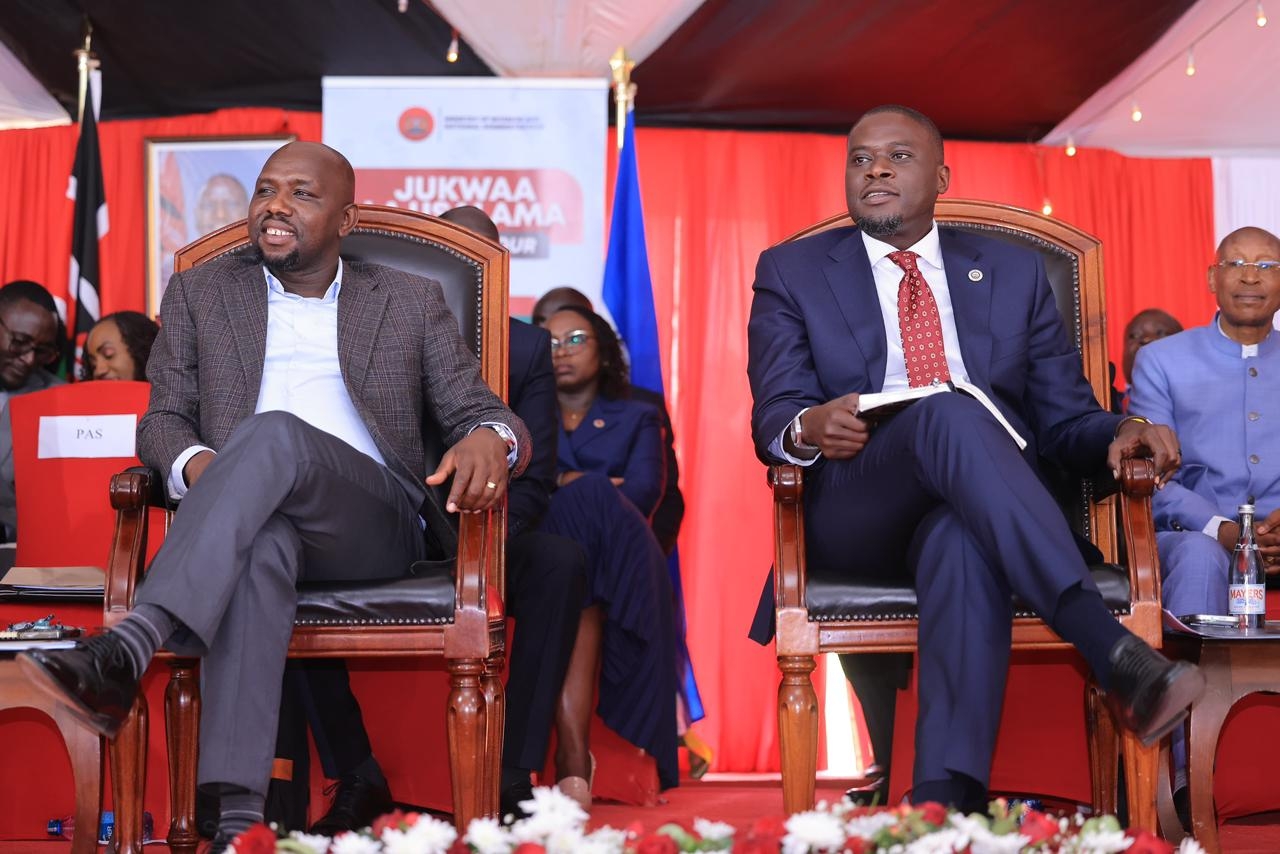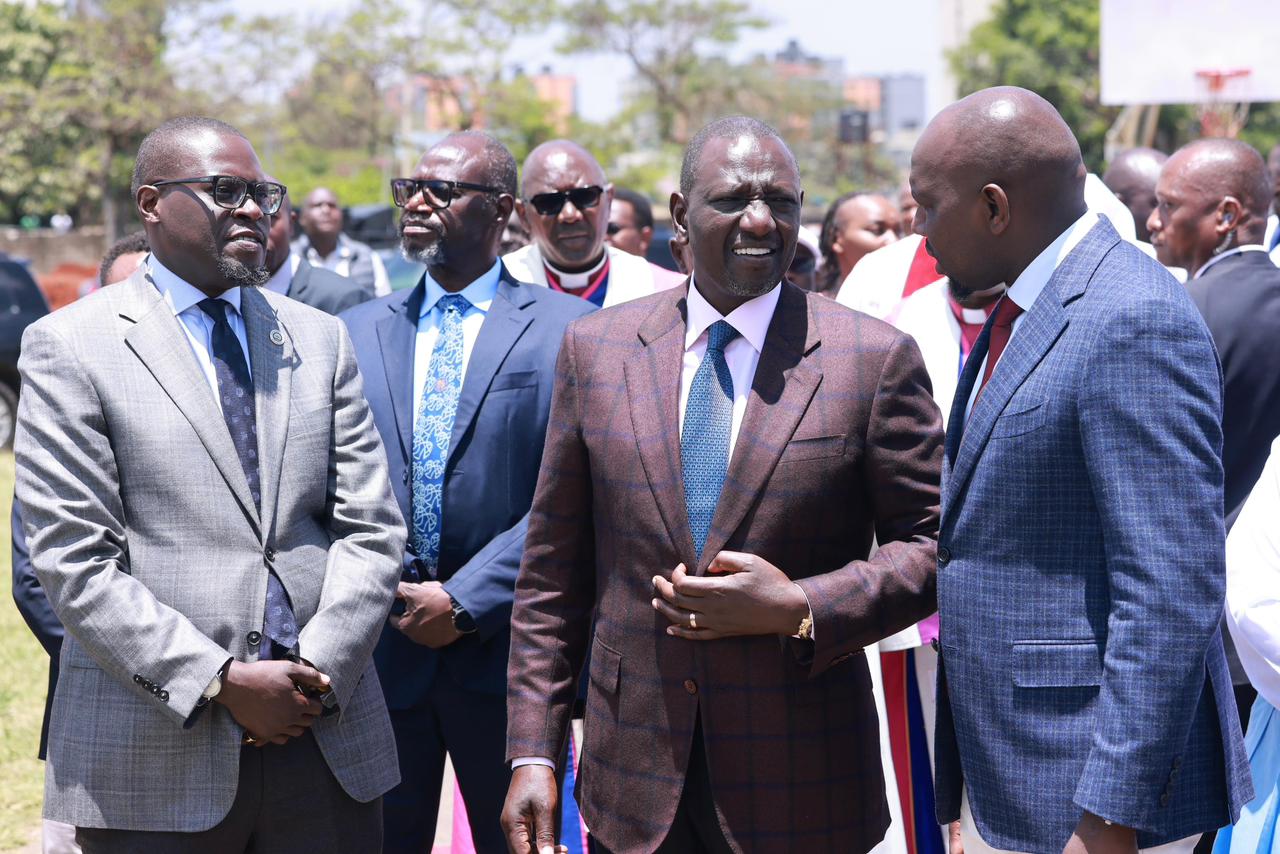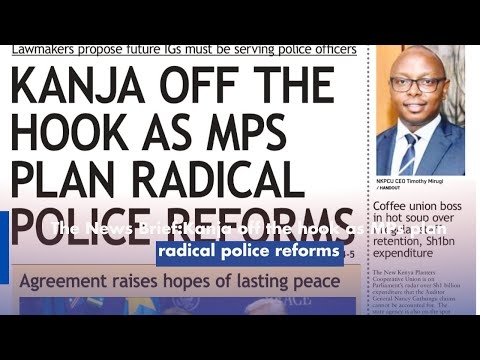

Nairobi Governor Sakaja Johnson has clarified President
William Ruto’s recent remarks that the government will partner with the private
sector to clean up and light up Nairobi, saying the collaboration is purely
focused on development.
Speaking on the partnership, Governor Sakaja said working
with the private sector is not new and is key to accelerating development in
the capital.
“Partnering with the private sector for the purpose of
development is very encouraged. For example, after cleaning the city and
collecting garbage taken to Dandora, we are partnering with a Chinese company
to produce 45 megawatts of power. We already have an agreement with the
government through the Ministry of Energy on a power sale arrangement,” he
explained.
Sakaja said the collaboration model extends beyond waste
management to housing and infrastructure development.
“That’s not the only partnership the President meant. For
housing, through the Urban Renewal Project in our 13 county estates, we are
partnering with the private sector on the other hand the national government is
doing the same to deliver affordable homes,” he said.
The Governor emphasized that these partnerships are
development-oriented and crucial for Nairobi’s growth.
“The national government’s hand in Nairobi is very
important. This is the capital city home to the Executive, Legislature,
Judiciary, and all critical offices. It is therefore paramount that we work
together. For example, some roads are under the county, others under the
national government, but mwananchi doesn’t care who owns them they just want
delivery. Partnership helps us speed up that development,” Sakaja said.
On the city’s lighting plan, the Governor revealed discussions with the Ministry of Energy, the Energy and Petroleum Regulatory Authority (EPRA), and Kenya Power to address insecurity linked to poorly lit streets.
“We need about 70,000 more lights in the city. I’ve spoken
to the Energy CS, EPRA, and Kenya Power about how we can achieve this. I’ve
proposed that part of the rural electrification levy paid by urban consumers be
redirected to city lighting,” he noted.
Sakaja explained that Nairobi residents contribute to a 3.4
percent rural electrification tariff in their electricity bills, yet many
estates remain in darkness.
“Nairobi residents pay around KSh 8 billion per month in
electricity bills. If we channel that share into lighting up our city, we can
make Nairobi bright and safe in the shortest time possible,” he said.
He added that officials from key energy agencies have agreed
in principle with the proposal, pending President Ruto’s approval.
“The relevant leaders have supported this idea and agreed
that we present it to the President for approval. It doesn’t require any
amendment to the law it’s the same tariff. Nairobi residents should not be
disadvantaged,” he concluded.
If approved, the proposal is expected to significantly
improve street lighting, reduce insecurity, and extend business hours across
the capital.
















